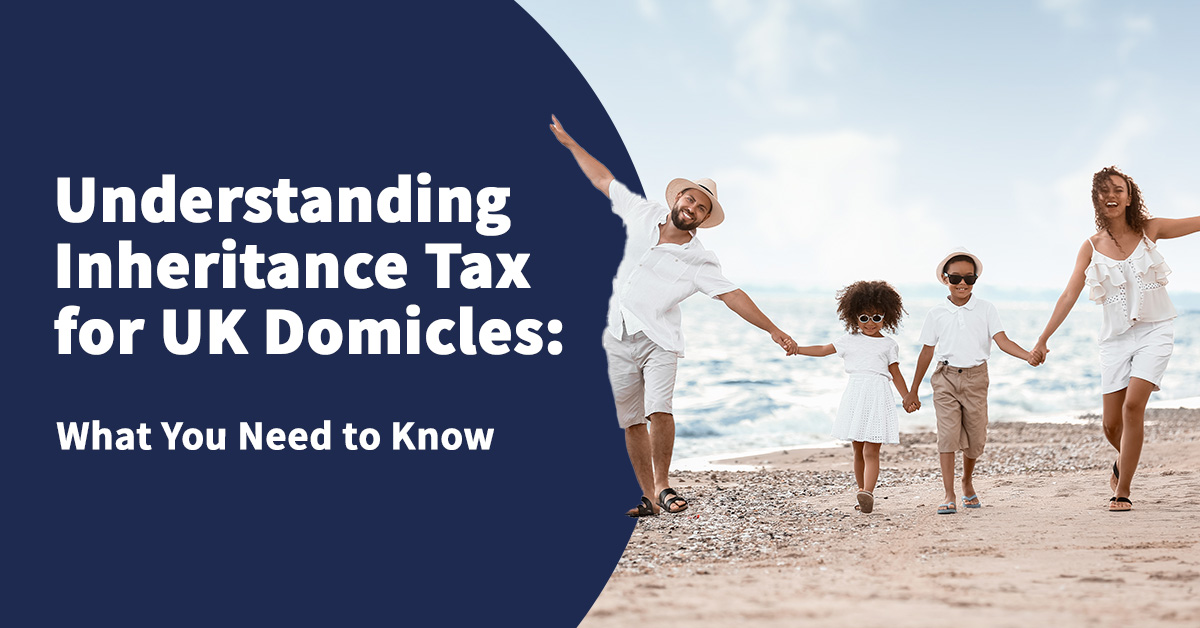Family dynamics are undergoing significant transformations in the ever-shifting landscape of modern relationships. Notably, a third of all marriages in England and Wales now involve at least one partner who has been previously married. This shift brings to the forefront intricate issues related to inheritance and estate planning.
This detailed analysis emphasises the criticality of establishing a Trust during one’s lifetime, particularly in the backdrop of second marriages, to shield assets and guarantee that offspring from prior unions are not unintentionally disinherited.
Second Marriages and the Inheritance Conundrum
A growing segment of the UK population is embracing second marriages, frequently integrating children from prior relationships into their new family unit. This amalgamation of families introduces distinct challenges in the realm of estate planning. Without meticulous planning and foresight, there looms a tangible threat of children from the inaugural marriage being deprived of their rightful inheritance.
As per prevailing inheritance regulations in the UK, in the absence of a definitive will, the new spouse stands to inherit the lion’s share, if not all, potentially side-lining children from a previous union. A lesser-known fact is that a second marriage automatically revokes any pre-existing will. This oversight can lead to a precarious situation, as in the absence of a renewed will, the default intestacy laws would govern asset distribution, which may not resonate with the deceased’s intentions.
Trusts: The Cornerstone of Asset Protection
A pragmatic approach to navigating this quandary is the institution of trust. For illustration, a trust can be structured such that it permits the second spouse to enjoy the assets throughout their life. However, it ensures that post their demise, the assets are channelled to the children from the first marriage. This method offers a harmonious solution, safeguarding the interests of both the new spouse and the children from the antecedent relationship.
The Dark Side of Manipulation
It’s pivotal to highlight that there have been reported cases where certain individuals have swayed their partners into modifying their wills to accrue a more substantial asset portion. While this isn’t a sweeping statement, it accentuates the necessity of having transparent, legally robust mechanisms in place to thwart potential undue influences and guarantee the intended asset allocation.
The other scenario that should be considered.
No one plans untimely fatality, yet it happens. The mortality rate in 2020 for people in England and Wales in their late 40s and fifties was around 8%.
So you’ve worked hard all your life. Your kids have just finished university and you are preparing for the next chapter. You have pension savings and a home, all worth a tidy sum. And one day, your children and grandchildren may inherit some or all of this.
Then disaster happens, and one of you passes away; following a period of devastation in the family, the remaining partner moves on with their life. Meeting another partner and eventually remarrying. It’s at this point everything changes. The assets you have worked for and accumulated together with your previous partner could now become the assets of someone, who at the time you were previously both alive, was a complete stranger.
We are sorry to say this type of thing, in life or in death, for widowers or divorcees, is extremely common. If you look at the numbers, it’s close to 40% of marriages; this can and will happen at some level.
To encapsulate: Second marriages usher in distinct challenges in the domain of estate planning
Recognising these challenges and adopting proactive strategies, like instituting a trust, is paramount to ensure the protection and provision for all family members. As the adage goes, “Prevention is better than cure.” By initiating the requisite measures now, one can pave the way for a secure and equitable future for the entire family.
Find out how we can help you
If you would like to understand more about this topic get in touch
Related posts
- Published On: July 10, 2024|3.2 min read|
The Merits of Accessing Your Pension Commencement Lump Sum in Stages
As you approach retirement, one of the significant decisions you'll face is how to access your pension commencement lump sum (PCLS). While it might be tempting to take the entire amount in one go, there are several benefits to accessing your PCLS in stages.
Read more
- Published On: July 8, 2024|3.2 min read|
The Problem with Structured Notes for Retail Investors: Opaqueness, Provider Risk, and Hidden Commissions
Structured notes are financial instruments that can seem attractive due to their potential for high returns and tailored investment strategies. However, they come with significant risks and drawbacks, especially for retail investors.
Read more
- Published On: July 3, 2024|2.4 min read|
Understanding Inheritance Tax for UK Domicles: What You Need to Know
Inheritance tax (IHT) is a topic that often causes concern, but understanding it can help you plan more effectively for the future. Here’s a concise overview of what you need to know about inheritance tax, how it works, and ways to manage it.
Read more












